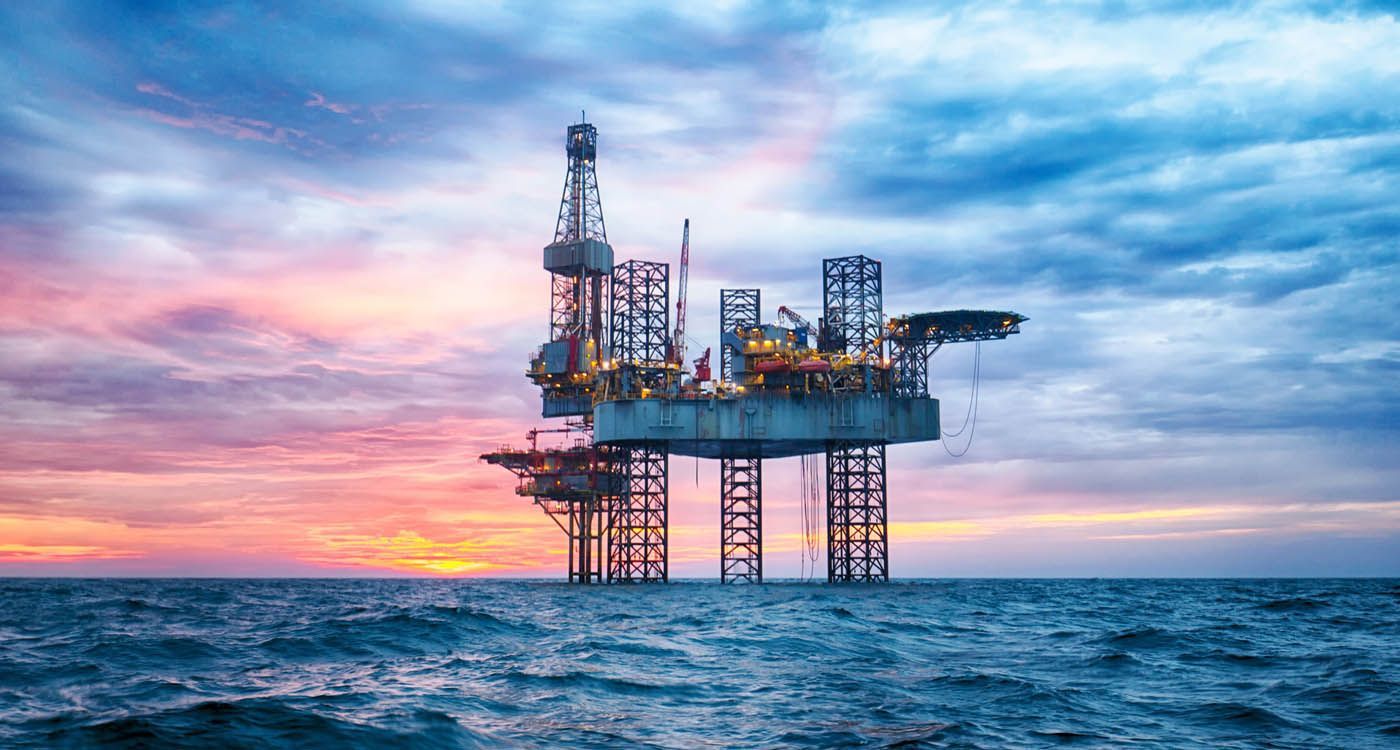- Home
- Miscellaneous
- They Have the Oil, We Have Human Energy

At the 5th Economic Summit, organized by the Franco-Arab Chamber of Commerce in Paris on December 12, 2024, TotalEnergies CEO addressed the potential for oil or gas discoveries off Lebanon's Mediterranean coast. He expressed regret that, at this stage of exploration, they had not found what they were hoping for, stating, “At this point, we haven't found what we are looking for on the Lebanese side...”
It’s clear that these explorations have been disrupted due to the volatile situation at Lebanon's maritime borders and the ineffective management by Lebanese authorities, who have lacked the necessary expertise. Unfortunately, this has led to a highly politicized unraveling of the process, one that we hope will be tackled by our future governments when the time is right.
While some may view this situation as temporary, others might see it as final. However, it raises a crucial question: “Where do we go from here?” Shall we mourn our fate or, as we have done in the past, actively seek out new and promising opportunities? You may recall that, during the oil crisis, a group of French singers released a song with a refrain that went something like, “They have the oil, we have the good wine...” Well, today, we could just as well say, “They have the oil, we have human energy.”
This observation, which has stood the test of time, encourages us to believe that this energy will surely be harnessed. The “Switzerland of the Middle East” may not have had oil, yet during its golden years, before the Lebanese Civil War, our country’s economic vitality was at its zenith.
Even now, at the Franco-Arab Economic Summit in Paris, Mohammad Abou Haidar, Director General of the Ministry of Economy, shared that more than 300 new permits were granted for foreign restaurants to open in Lebanon between June and December 2024. This should prompt us to recognize the untapped golden resource we possess and the urgent need to leverage it effectively.
It is true that Lebanon has lost much of its youth and its visionaries. While this could be seen as a drawback, we must not forget that these young people, these businessmen who have dispersed across every continent, have achieved extraordinary successes and gained invaluable multinational experience, which we can draw upon as trust is restored. Immigration is an entrepreneurial force that should not be underestimated; rather, we must actively leverage it.
Today, we know that this diaspora has played a pivotal role in foreign countries development, particularly in the Gulf and beyond. It has also been crucial in sustaining Lebanon's economic balance despite successive crises. In fact, in Mexico, for instance, 12% of the national income comes from the Lebanese community. These successes extend across all sectors—finance, tourism, banking, industry, healthcare, construction, and more.
What, then, must we do? It is clear that, as we have long emphasized, security is paramount—it is the bedrock of trust. It is a key prerequisite for the return to a stable economy but it’s not enough. Restoring confidence in a just banking system and placing depositors at the heart of national priorities is the responsibility of our government. This is why the upcoming presidential election could mark a new beginning, provided it results in the election of a leader whose heart and mind are dedicated to serving Lebanon and the Lebanese people.
If this is achieved, establishing a sovereign ministry of immigration, directly accountable to the presidency and granted the autonomy needed to avoid political friction, would be an essential innovation. This ministry could play a pivotal role in strengthening ties with Lebanon’s expansive diaspora, encouraging them to return to their homeland, invest, and once again become, this time on the ground, a revitalizing force that reignites the dynamic of the past and drives the growth of a resilient and prosperous economy for the future.
Comments